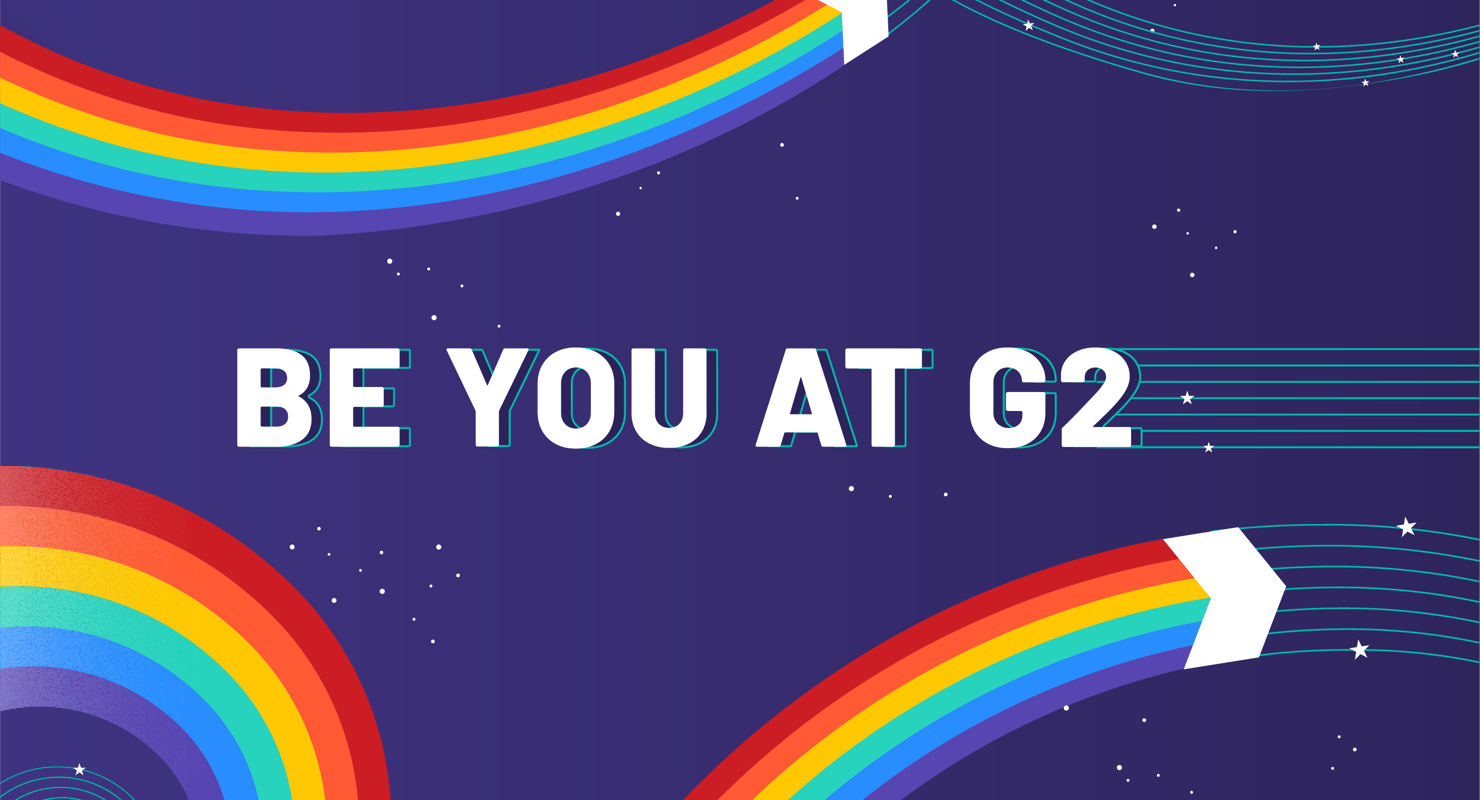It’s no longer true that employees make choices based simply on salary and benefits. In recent years, choosing where and who to work for has become increasingly geared toward shared values, particularly for the LGBTQ+ community. If you can identify and connect with the people and the organization you're hoping to work with, strong connections can exist, real trust can be built, and relationships develop naturally. The bottom line? Growth follows.
However, let's take a few steps back. For as long as there has been a workforce, there has been the radical exclusion of LGBTQ+ professionals. A study from UCLA Williams Institute School of Law shares that one in 10 LGBTQ+ workers experienced discrimination at work in the last year. LGBTQ+ employees of colour were more likely to report being denied jobs and verbal harassment. Many LGBTQ+ employees report engaging in "covering" behaviours to avoid harassment or discrimination at work including changing their physical appearance, changing when, where, or how frequently they used the bathroom, and avoiding talking about their families or social lives at work. Some of the respondents reported engaging in these covering behaviours because their supervisors or co-workers explicitly told them to do so.
Let that sink in.
For company culture to truly thrive, a positive employee experience must be accessible to everyone. LGBTQ+ employees in the workplace must be afforded the same respect, voice, and experience as all of our peers. The perceived ability to speak up and share our ideas, to feel like part of the team, is critical to collaboration and developing the type of solutions customers will demand. Modern research widely acknowledges and supports the themes of inclusion and diversity in the workplace, including learning lessons from the experiences of the LGBTQ+ community to create more positive professional environments that are free from discrimination and judgement.
So, how can a company convey its allyship? An easy and obvious way is to put it into writing — statements, values, policies of protection, and highlighting actions that support the LGBTQ+ community. All of this should be easily accessible, or better yet, highlighted on the website, because prospective candidates are looking for allyship from the board and c-suite level all the way down to managers and teammates they could potentially work with every day.
Other ways companies can be allies include employee resource groups, ongoing and visible activism by the company supporting the LGBTQ+ community, equitable wages, straight and cisgender allyship, and the providing the space and platform for LGBTQ+ people to advocate for themselves. All of this helps build an inclusive work environment and helps employees thrive, which creates more open and innovative workplaces.
'Do ask, do tell' is perhaps a way of suggesting that there is value in being your authentic self. If you're going to bring your hard-earned experience, education and life-long learning, bring your sexuality too.


 by Ann Nguyen
by Ann Nguyen
 by Hannah McMaster
by Hannah McMaster
 by Priti Patel
by Priti Patel